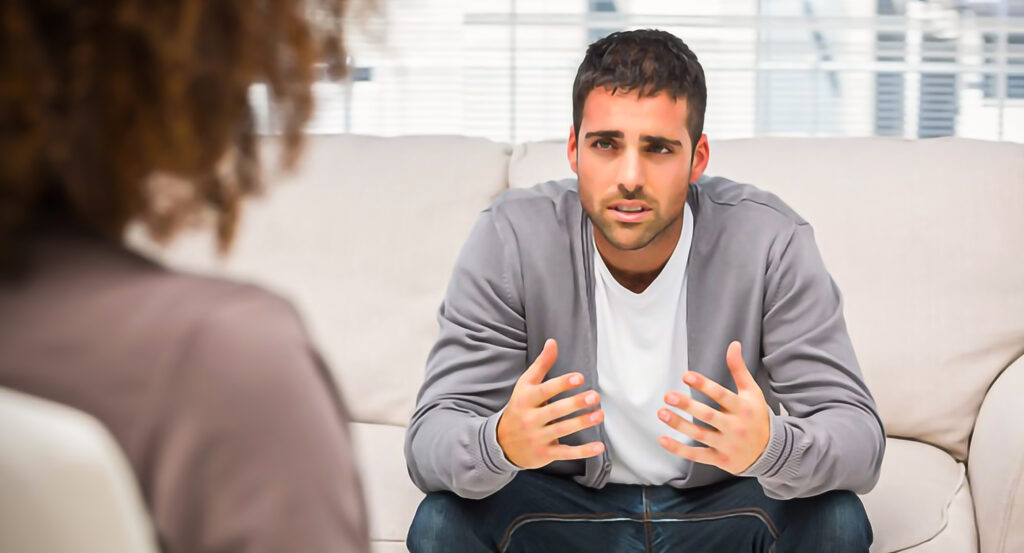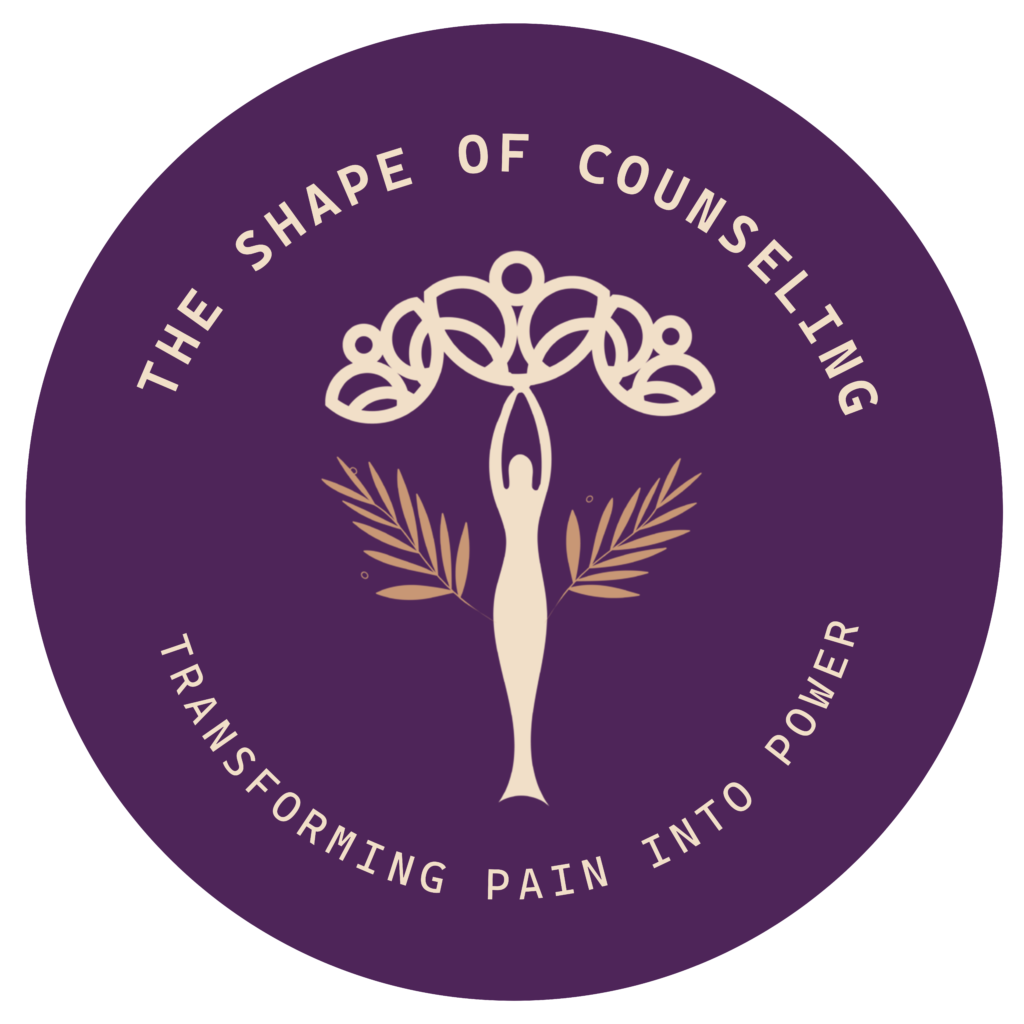Are you feeling like your loved one just isn’t understanding you? Are you feeling stuck in a cycle of co-dependency, constantly struggling to find balance and satisfaction in your relationships? Are disagreements and power struggles taking a toll on the happiness of your relationship?
If so, it’s possible that co-dependency issues are at play. Co-dependency counseling can help couples learn to manage conflicts while still honoring their individual needs and boundaries in order to cultivate healthier relationships effectively. It can be a powerful tool for both recognizing and overcoming unhealthy patterns of behavior and codependent traits.
By learning effective behaviors such as clear communication and empathy, couples can set themselves up for more successful collaborations with mutual respect. Read on to learn more about how co-dependency counseling can benefit individuals in any relationship!

What is co-dependency?
Co-dependency is a state of being in which one person relies heavily on having another person in their life. It is often associated with unhealthy relationships and can occur when two people are individuals struggling with feelings such as loneliness, depression, anxiety, and insecurity.
This can be evident either from a romantic partner, family member, or friend. Co-dependency normally glorifies the need for rescuing and helping others to feel better about themselves instead of allowing people the space to heal on their own terms.
This cycle perpetuates unhealthy behaviors that could potentially lead to serious mental health issues and other consequences if left unchecked. Treatment plans should incorporate understanding, management of emotions, behavior changes, and building healthier boundaries so each individual can live a healthy, independent life.
Talk To Us
Our therapists are ready to talk to you within 24 hours of booking.
5 Major signs of co-dependency
Codependency can have a severe negative impact on a person’s mental and emotional well-being. It is important to be aware of the signs of codependency so that you can take steps to stop it from affecting your life. These signs include:
- Prioritizing the needs of others over one’s own
- Often feeling manipulated or controlled by another person
- Struggling to form strong personal boundaries
- Difficulty setting limits for how much time is devoted to other people and activities
- An inability to express one’s emotions clearly
If you recognize any of these signs in yourself or your relationships, it might be helpful to seek advice from a professional therapist. By doing this, you can learn techniques that will aid in breaking out of the codependent dynamic and leading a healthier, more balanced life.
4 Steps to overcome co-dependency
Overcoming co-dependency can be a difficult but rewarding journey and it involves four key steps.
- First, you must identify and evaluate the unhealthy thoughts, feelings, and behaviors associated with co-dependency.
- Second, you need to identify and challenge unhelpful beliefs that are sustaining your co-dependent behavior.
- Third, find healthy coping skills that you can use instead of resorting to unhealthy patterns of thought or behavior when faced with challenging situations or emotions.
- Finally, build up healthy relationships which involve reciprocity rather than a one-sided dynamic.
Taking the time to practice each of these steps will help you overcome co-dependency and lead a healthier, more balanced life.
Types of therapies used to treat co-dependency
Co-dependency is a challenging issue to tackle, but there are several helpful therapies that have been proven to be effective. Common therapies used in co-dependency treatment can include:
- Cognitive-behavioral therapy (which helps people become aware of their thoughts, emotions, and behaviors and find new strategies to handle situations differently)
- Psychodynamic therapy (which helps identify unconscious patterns in order to create changes in conscious behavior)
- Solution-focused therapy (which focuses on creating change for the present moment rather than analyzing past experiences)
- Couples or family counseling (whereby uncomfortable conversations become a safe space full of understanding)
All these therapies provide valuable insight into ourselves, allowing us to break free from co-dependence and take back control of our lives.
How counseling/therapy can help you get out of a co-dependent relationship?
Getting out of a co-dependent relationship is never easy. Codependency therapy online can be a vital source of support in the process. A therapist can help identify why the co-dependent relationship was sought, which may be rooted in feelings of low self-worth, insecurity, abandonment issues, or other childhood traumas.
Working with an expert gives you the opportunity to gain insight into the motivations that keep you stuck in unhealthy patterns of behavior while developing strategies for improving self-esteem and understanding healthy boundaries.
With best codependency counseling online, you can explore past relationships and how they might have influenced your current situation and develop new ways of relating to others in healthier habits within your current relationship. You also will be guided as you work on core beliefs about yourself, including learning to value and care for yourself in order to stop the cycle of seeking validation from your partner.
How to find the right co-dependency counselor?
Finding the right co-dependency counselor is essential to an effective and successful treatment plan. Start by researching counselors in your area or online. Look into qualifications, experience, and, if possible, reviews from previous clients. Speak to several counselors during the selection process. This will give you a chance to get comfortable with their individual attitude and style of counseling.
Ask as many questions about their practice in online therapy for codependency, such as types of therapy offered and techniques used within sessions. Ultimately, you should choose a counselor that resonates with you and makes you feel heard, safe, and respected. With some diligence upfront, finding a counselor with these qualities can be the start of discovering healthier relationships for yourself.




